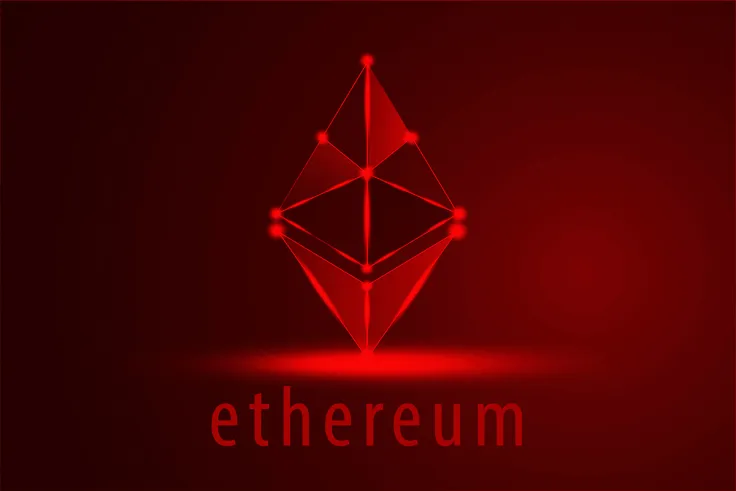
For the first time since the introduction of the fee-burning mechanism, Ethereum has reached its first whole week of negative issuance in the history of the coin. The main reason for such statistics is elevated network load and increased fees.
Negative Ethereum issuance
Net issuance this week has reached -59 ETH, which equals -$250,700 in USD equivalent. Tips for miners this week have stayed at $56 million, and the burned amount almost reached $400 million in one week only.
The total number of burned Ethereum coins equals 712,000 ETH, which is currently worth a little bit over $3 billion. With the Ethereum burn rate constantly increasing, the coin will most likely show more negative weeks or even months as time goes by.
The negative issuance will most likely make the coin a deflationary asset, which might attract more investors during accelerated inflation periods.
How can Ethereum attract more investors to crypto?
With inflation accelerating across the world, cryptocurrency is increasingly being considered an inflation hedge due to the limited supply of some coins. Ethereum is one of few cryptocurrencies that have successfully implemented a fee-burning mechanism which, in periods of high network load, lead to the rapid decrease of the coin's supply.
The market price of Ethereum has been constantly moving up since September and is now at 53% monthly growth. With more investors choosing a cryptocurrency to avoid losses caused by inflation, Ethereum might become a top pick for those who are willing to redistribute their funds and own a deflationary asset.

 Alex Dovbnya
Alex Dovbnya Tomiwabold Olajide
Tomiwabold Olajide Gamza Khanzadaev
Gamza Khanzadaev